|
You are a unique person with unique needs to optimize your health and wellness. A diet that someone else swears by may not work for you (or vice versa). But yet, you see so many “blanket” recommendations on what to eat or which supplements to take and you wonder how much that really applies directly to you. Unlike others, you may be able to enjoy coffee in the evening without any major sleep issues, but have a terrible reaction to gluten (a protein in wheat). Or perhaps, you may need more folate (vitamin B9) than others, but maybe sodium doesn’t affect your blood pressure as much. Guess what? There are genes—and variations of these genes—that can explain why you are unique. And now with recent scientific and technological advances, there is a smarter way to know what nutrition and lifestyle strategies you need to thrive, rather than the old method of following recommendations for the “average person” and seeing how it goes for you as an individual. This opportunity for personalized (or “precision”) nutrition is based on the rapidly expanding field of research that specifically looks for some of your unique needs in your own DNA. Imagine what you could do with the insight to know which diet, food, or nutrients you should focus on and which won’t likely make any difference to you anyway. We are talking about the science of nutrigenomics. It’s the combination of nutrition and genomics and helps you choose the foods and nutrients you need more of, based on your unique genetic blueprint.
How would you know? By having an accurate genetic test done to look for variations in all of those (and more) genes. But, it doesn’t stop there. Your genes code for so many areas of health, like metabolism, inflammation, hormones, stress response, moods, detoxification, weight, fitness, cognition, and your ability to use essential nutrients from foods and supplements. Imagine how you could tailor your food and lifestyle choices if you knew the areas that you as a unique individual should focus on, and which areas you need not worry too much about. How can nutrigenomics help improve my health? Let’s go through these examples so you can see what you can do when you learn your unique gene profile and take advantage of precision nutrition. Susceptible to high levels of cholesterol High levels of cholesterol can increase your risk for heart disease and stroke. This is partly the result of how your genes allow your body to process fats. If you knew you had genetic variants that made you prone to high levels of cholesterol, you could focus your foods on choosing more plant-based meals, heart-healthy fats, and higher-fiber foods. Resistance to losing weight Imagine knowing if your genes are influencing your ability to lose weight. If this were the case, you can be more forgiving in your weight-loss goals, and incorporate some cognitive behavioral therapy or mindfulness to help you. Lower ability to use folate (vitamin B9) Folate is found in green leafy vegetables and beans. Supplementation is often recommended for people who are or can become pregnant. If your genes code for a lower ability to use folate, then you may need to eat more folate-rich foods or take a supplement to ensure you get enough folate to compensate for your lower ability to use it so that you could maintain good health. Not very sensitive to caffeine Some people are able to metabolize (process and eliminate) caffeine faster than others. If you know that you are a “fast caffeine metabolizer,” you may be able to enjoy caffeine without having to worry too much about some of the common side effects that happen more often in people who are “slow caffeine metabolizers.” Not very sensitive to high levels of sodium Salt contains sodium, and too much sodium can increase blood pressure. However, some people are more sensitive to sodium than others. Very unlikely to develop celiac disease If you don’t experience gut symptoms and you are not likely to develop celiac disease, then you may not need to avoid eating gluten (a protein commonly found in wheat, rye, and barley). And remember, these are just a few examples of how the variations in your genetic blueprint can impact your health and wellness, and how you can eat based on your genetics to reach your health goals.
References:
3x4 Genetics. (n.d.). Sample report: The personal genetic story of Jean Poole. https://www.3x4genetics.com/patient-faq/# The Nutrition Society. (2018, November 19). Nutrigenomics: The basics. https://www.nutritionsociety.org/blog/nutrigenomics-basics Sommer, Connie. (2019, June 13). Food as medicine? Scientists are getting closer through nutrigenomics. University of Southern California News. https://news.usc.edu/157675/food-as-medicine-nutrigenomics/
0 Comments
This ginger pear smoothie is loaded with fiber, will hydrate you first thing in the morning, and is perfect for breaking your fast, thanks to the digestive aid of ginger and mint. Add UltraInflamX to rid your body of what it doesn't need, and CollaGEN to give it what it does!
For more info on these great add-in smoothie products, or to purchase, visit: https://us.fullscript.com/protocols/rhconline-perfect-morning-smoothie-mix Fiber is crucial for pushing waste through the digestive tract and removing toxins from the body. It also acts as a prebiotic, meaning it is food for our good gut bacteria. Having thriving gut bacteria is essential for digestion, immunity, and mental health. Many believe gut health is the backbone of our overall health, and science supports that claim. In addition to their high fiber content, pears are also rich in vitamin C, which helps our body produce collagen. Vitamin C consumption cues the body’s DNA to create and maintain its collagen, which is particularly important as we age. Collagen helps keep skin smooth and elastic, improves gut health, and is vital for joint function. Both mint and ginger have been used medicinally for centuries, emphasizing their benefits to digestion. Mint helps relax the muscles of the digestive system, relieving bloat and constipation as a result. This relaxation can also help improve the pain and discomfort associated with IBS. Ginger soothes the digestive system thanks to its gingerol content. Gingerol is a compound that helps relieve nausea and may help fight the flu. Ginger has been shown to help speed up the emptying of the stomach, which may help fight indigestion related to sluggish digestion. For more recipes like this, take advantage of a FREE trial of LivingPlateRx customized meal-planning: https://www.livingplaterx.com/rhcliving/simpleeats/signup #mealplan #smoothie #healthysmoothie #smoothierecipes #healthymom #gingerpear #ginger #juicing #inflammation #healthy #holistichealth #functionalmedicine #dietarysupplements #vitamins #collagen |
RHC TeamStriving to share the wealth of health and wellness we can offer through as many outlets as possible. In our blog, you'll find tips, tricks, and links to good information on how to be holistically healthy. Archives
January 2024
Categories
All
|
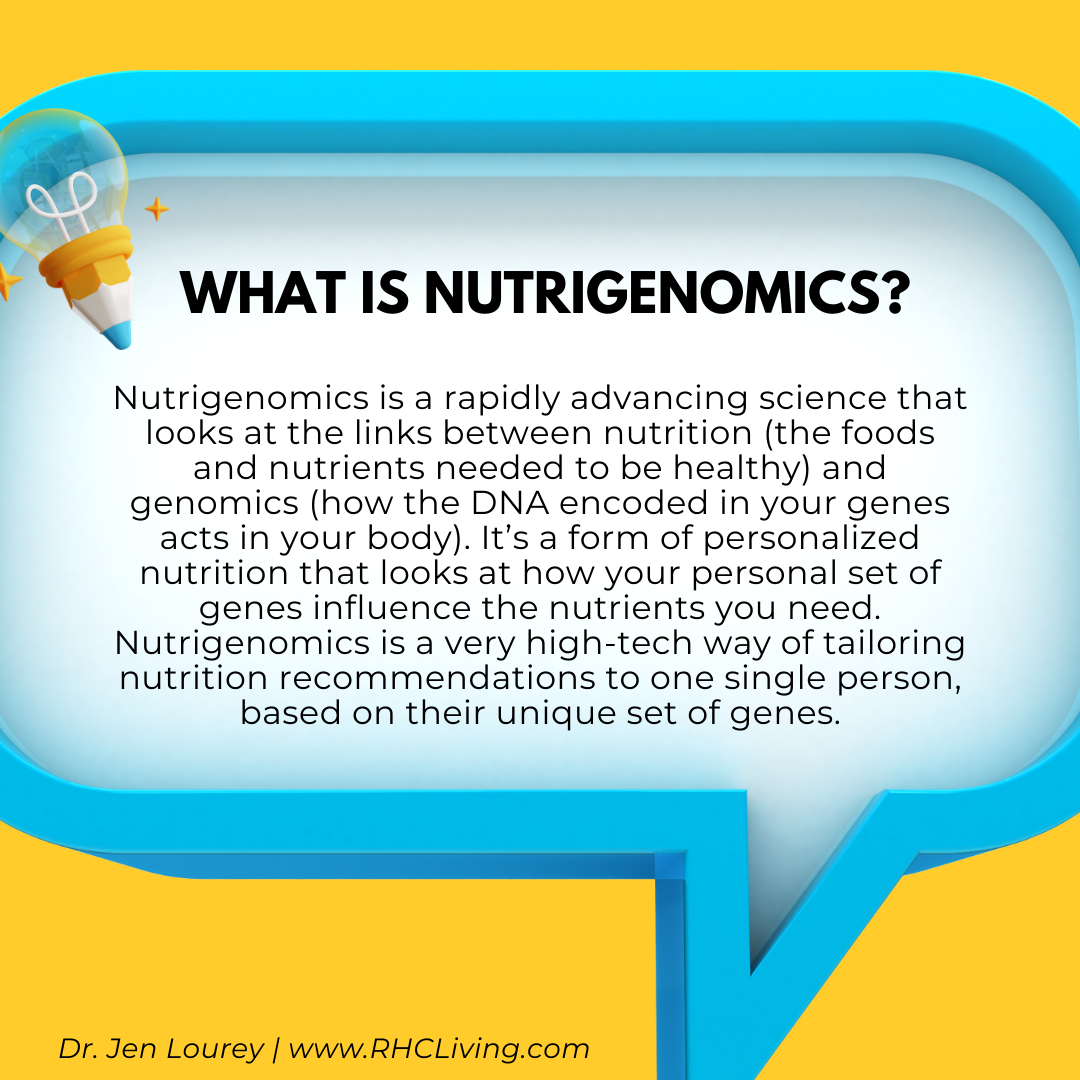
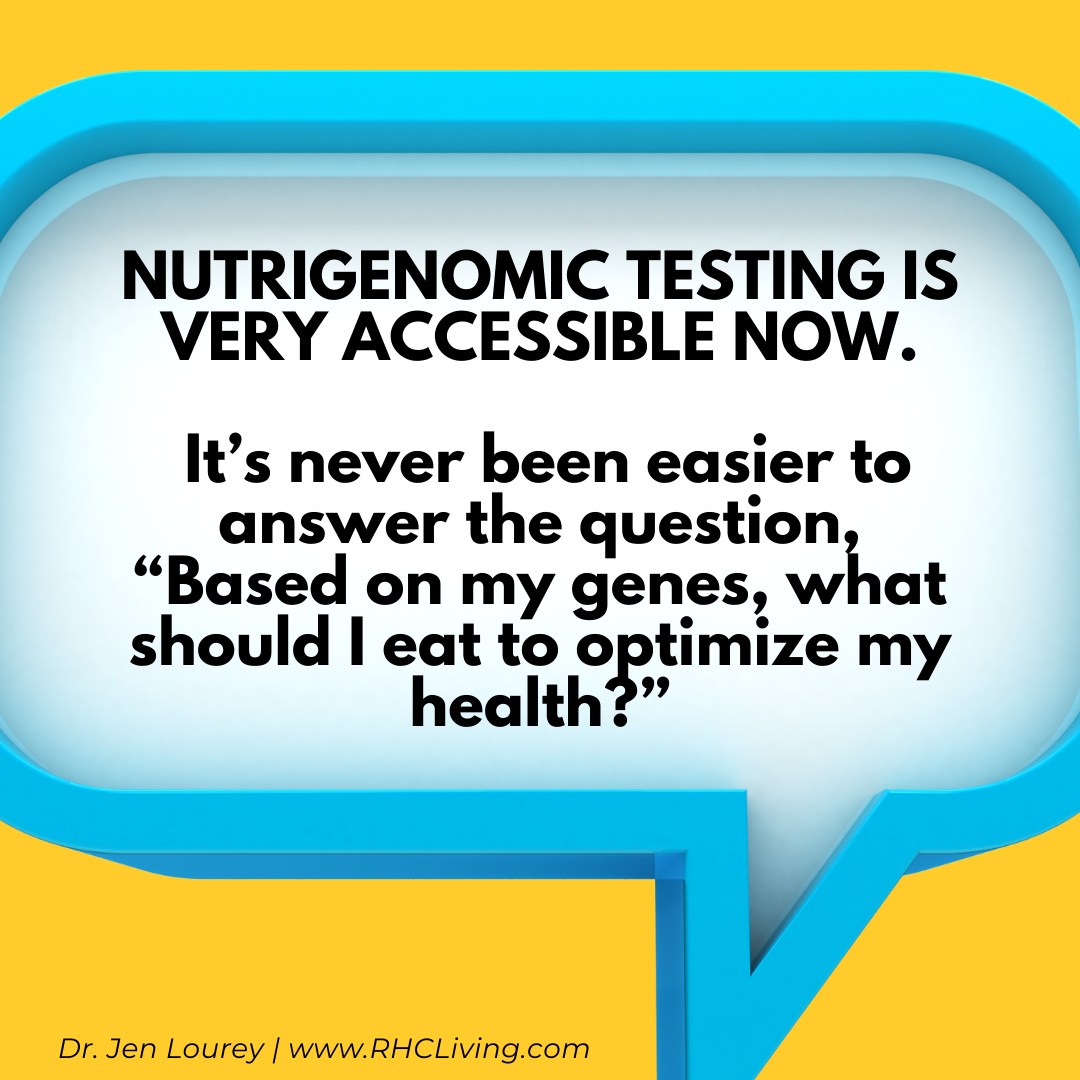
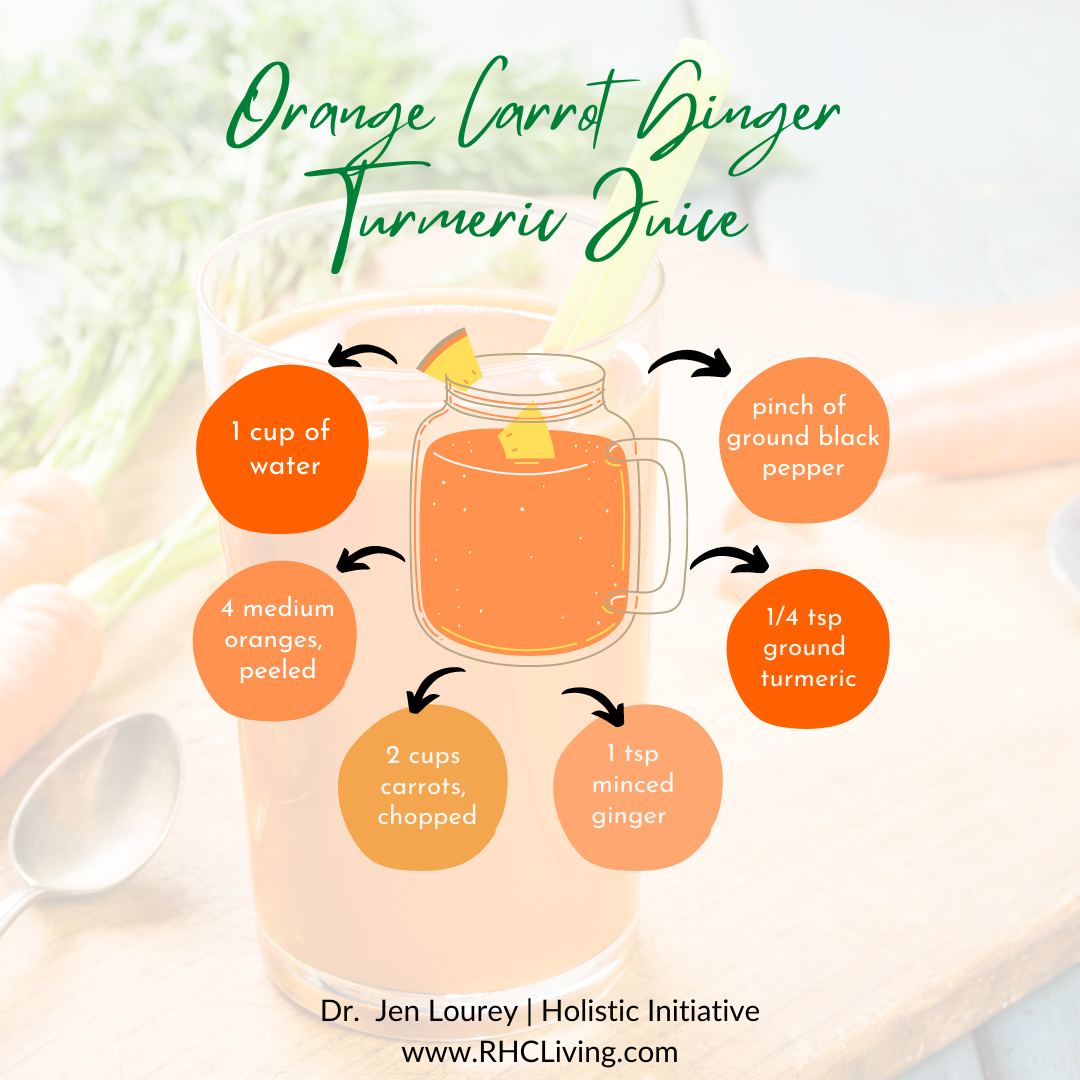

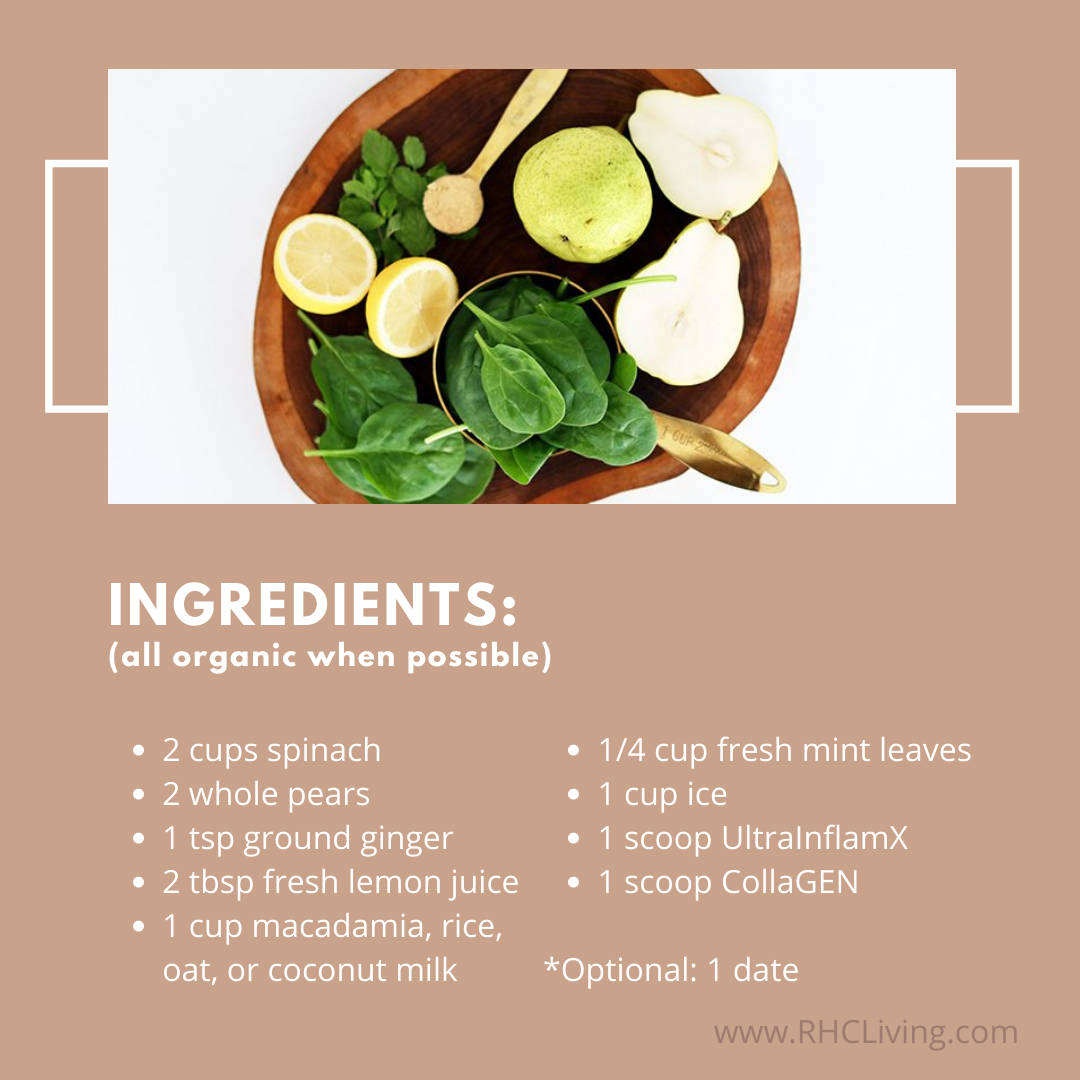
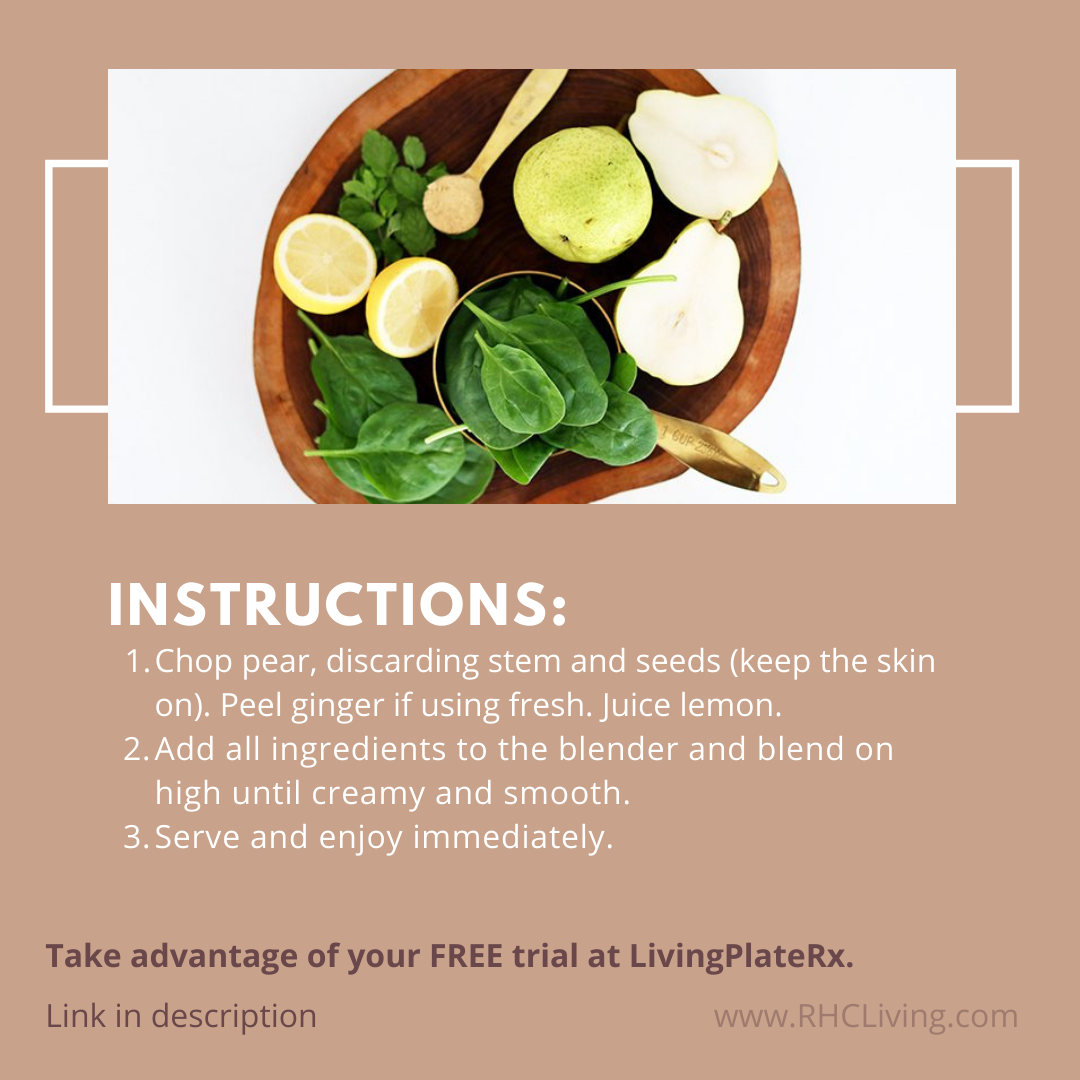
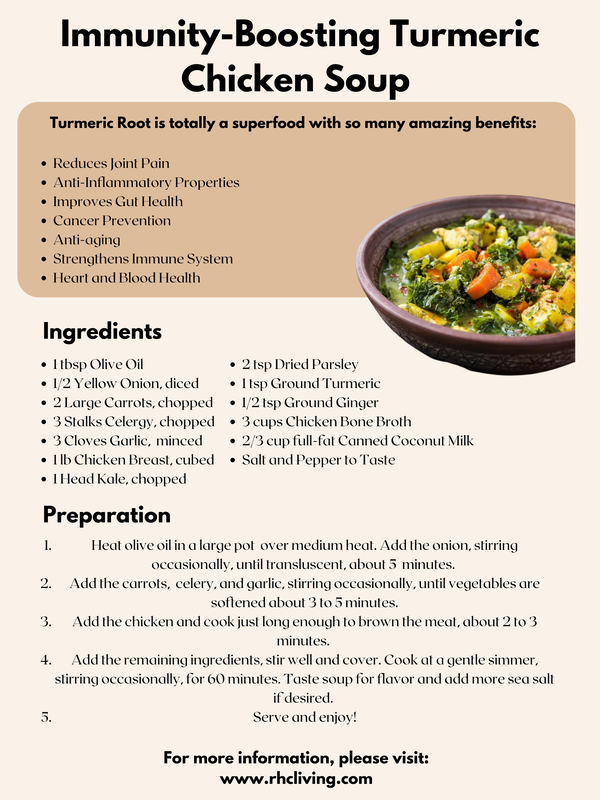
 RSS Feed
RSS Feed